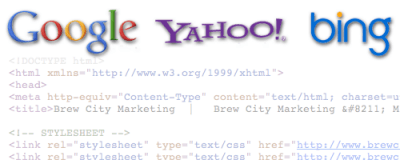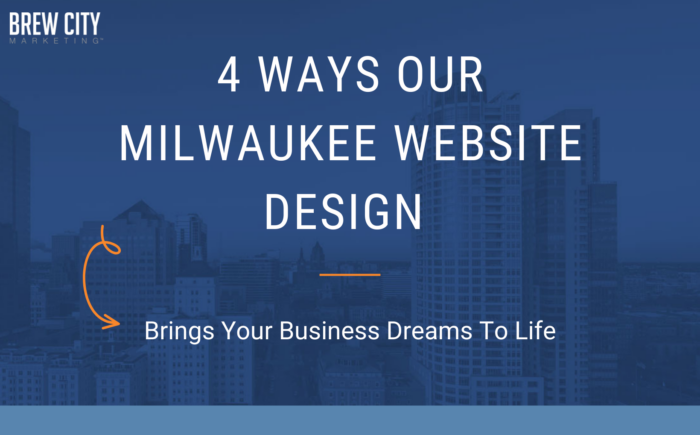When we meet with new Milwaukee business web design clients, one of the first things we try to get them to understand is that there aren’t any shortcuts to search engine optimization. Moving your site to one of the top few positions on Google, Yahoo, and Bing for the right keywords takes a steady investment of time, money, and attention. If you aren’t serious about that commitment – or are looking for cheap and easy ways to jump in the rankings quickly – then you’re likely to do more damage than good to your online marketing effort.
But once that has been made clear, they also need to know that there is an enormous difference between working hard and working smart.
We can explain with an example: Suppose that you were looking for a new laptop computer, but didn’t know very much about processors, speeds, performance, etc. Your first stop might be Google or one of the major search engines, and you will very likely type in some minor variation of “laptop computers,” or maybe “laptop computer reviews.”
From there, you’ll find out what you need to know about different models and their uses, until you’ll probably settle on a handful that you are interested in based on their features, price range, and other details. But assuming that you don’t do this all in a very short frame of time, and possibly even if you do, then you’re eventually going to come back at some point and make your search more specific. Instead of simply looking for “laptop computers,” you might start to Google a certain brand or model number. This is especially true if you’re making an even bigger, more complicated purchase.
While this might all sound like common sense, it has important implications for those who want to quickly boost their search engine optimization plans. That’s because, instead of focusing on the highest-traffic keywords (like “laptop computers” in our example), you may be able to attract more buyers, with less competition, by pointing your attention at other, more-focused keywords that are searched by buyers who are farther along in the research process.
In other words, you may be able to make your SEO efforts faster and more efficient by thinking like a serious buyer, instead of simply trying to gather as many page views as you can. Here are a couple of tools you can use to put that strategy to work:
Customized landing pages. Buyers who are close to making a decision want different kinds of details than those who are just gathering information. Think about what you would want to know about a specific product or item, and make sure that’s evident on your landing pages.
Review pages and price comparisons. In the same way, giving customers the ability to view different products side by side and get a sense of their relative advantages is a great way to add value. These kinds of pages can be very popular with buyers considering complicated purchases.
Links to testimonials and social media profiles. Sometimes, the dilemma at hand isn’t what to buy, but who to buy from. Make sure they can see that you have served similar customers in the past, and they will be more likely to decide to do business with you.
Pay per click advertising. If you come across a particularly strong or profitable keyword phrase, then it might be worth it to pay for traffic around that word or phrase. Given that you can change your marketing message and landing pages at any time with PPC ads, they can be a highly effective way to grab the attention of serious buyers.
There might not be any shortcuts to search engine optimization success, but taking advantage of what you know about your product’s sales cycle is a great way to work smart and speed up the process.
Interested in another SEO article? Click here:




